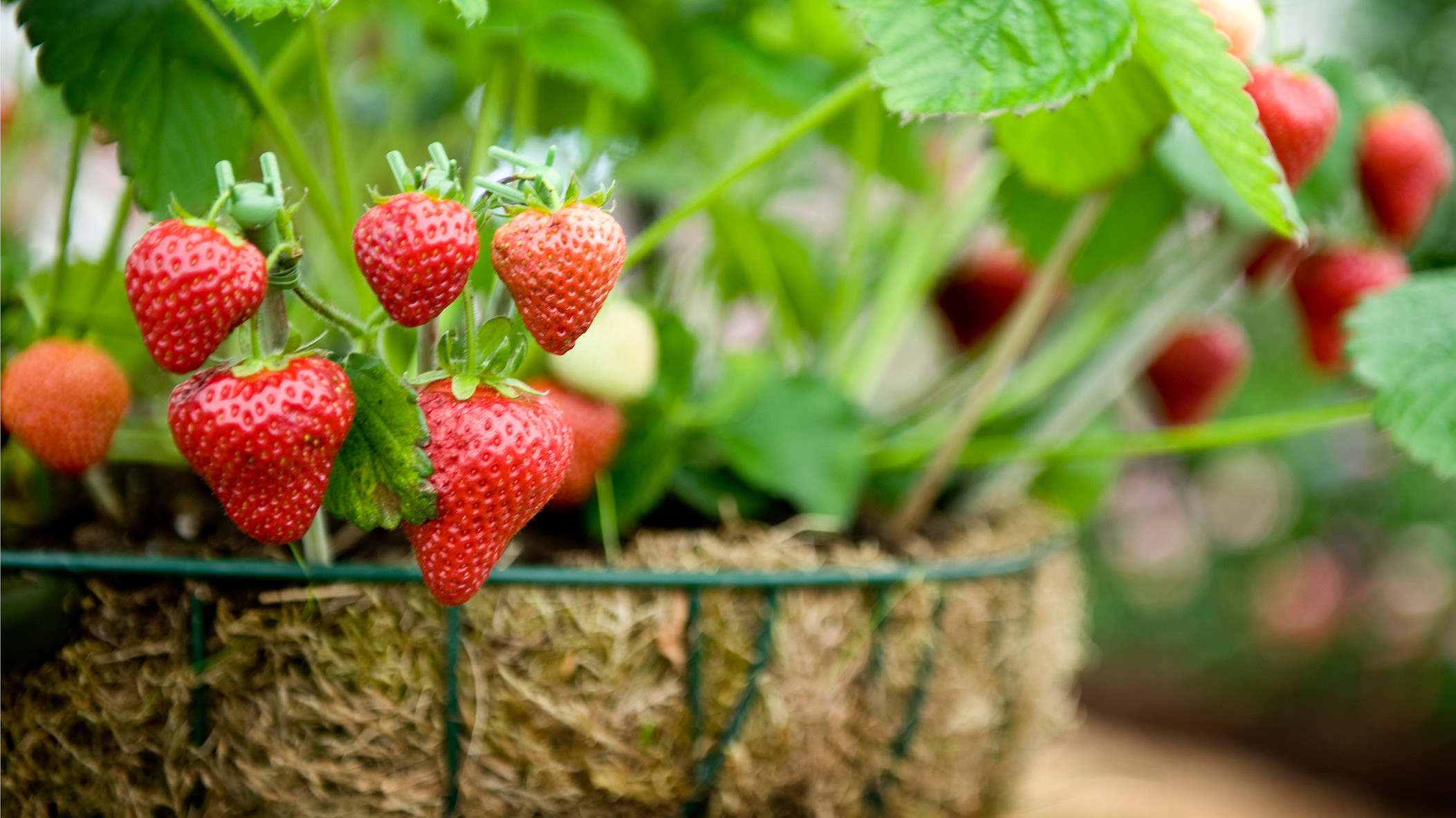The Case For Growing Your Own Food Right Now (And Later)
"If you can feed yourself, you can free yourself." This is the rallying cry of Leah Penniman, co-founder of Soul Fire Farm and author of Farming While Black. We already talked this week about how scarcity cooking could be a useful habit to maintain even after the current stay-at-home orders are lifted. But a new article over at Civil Eats titled "The Moment for Food Sovereignty is Now" suggests that growing our own food is another way to make the most of what we've got, and establish independence from a food system that is often inequitable in its distribution.
"I don't see a huge distinction, whether we're talking about community gardens, home gardens, or school gardens—we just really need to localize our food and include more people in these relocalized food systems," Penniman told Civil Eats. Cooperative gardening—a sort of "corona victory garden," if you like—is a movement gaining momentum under quarantine that could have wide-ranging effects after shelter-in-place orders are lifted once more.
The Chicago Reader also wrote about victory gardens recently, explaining their history and rise in popularity throughout the WWII era as a supplement to wartime food shortages, rationing, and interruptions to the supply chain. The proactive, collective nature of the practice has particular appeal in the modern era: Civil Eats notes that, like everyone rushing to make their own sourdough starter, there's also a community of people eager to buy seeds (to the point of seed shortages!), and registration numbers for seminars on how to grow your own garden, offered virtually through universities, are off the charts. The whole article is worth a read, and by the end of it, you might be inspired to grow a garden yourself. At least, that's the hope.
